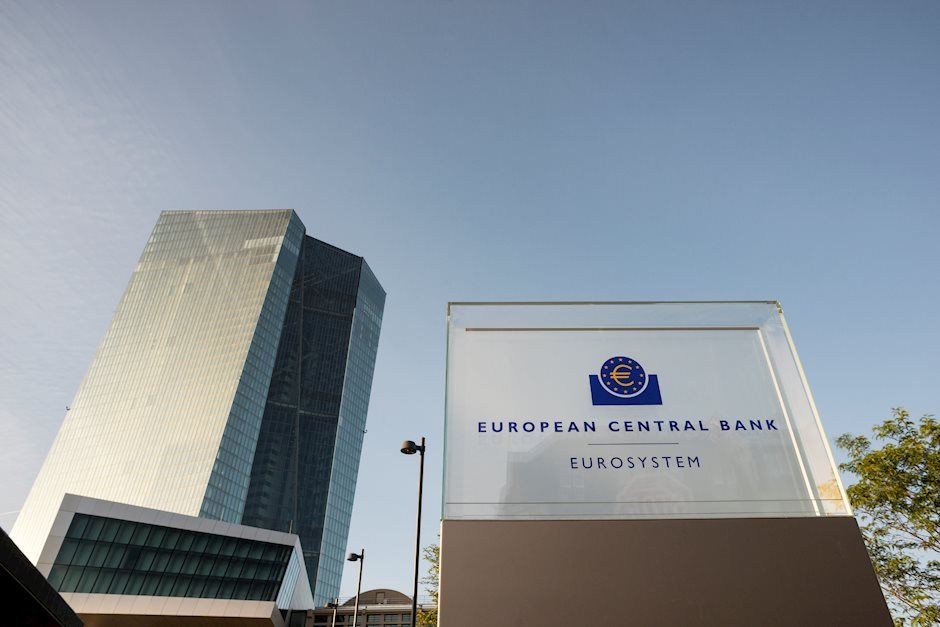ECB's Stournaras: Four 25bps interest rate cuts are possible in 2024

The European Central Bank (ECB) Governing Council member Yannis Stournaras said on Sunday that a total of four interest rate cuts is possible in 2024, with a total rate reduction of 100 basis points (bps) by year-end.
Key quotes
“If inflation develops in line with our March forecast and if this trend continues until the end of the year, I believe that this year we will have reductions in key interest rates from the ECB,”
“Personally I think the reduction of interest rates by four times this year, by 25 basis points each time, is possible”
“This is not yet a unified view. Some colleagues are more cautious and believe that interest rate cuts should be more moderate.”
“The differences of opinion within the governing council of the ECB are much smaller than the image in the media”
Market reaction
EUR/USD came under modest bearish pressure following these comments and was last seen trading at 1.0788, where it was down 0.03% on a daily.
ECB FAQs
The European Central Bank (ECB) in Frankfurt, Germany, is the reserve bank for the Eurozone. The ECB sets interest rates and manages monetary policy for the region. The ECB primary mandate is to maintain price stability, which means keeping inflation at around 2%. Its primary tool for achieving this is by raising or lowering interest rates. Relatively high interest rates will usually result in a stronger Euro and vice versa. The ECB Governing Council makes monetary policy decisions at meetings held eight times a year. Decisions are made by heads of the Eurozone national banks and six permanent members, including the President of the ECB, Christine Lagarde.
In extreme situations, the European Central Bank can enact a policy tool called Quantitative Easing. QE is the process by which the ECB prints Euros and uses them to buy assets – usually government or corporate bonds – from banks and other financial institutions. QE usually results in a weaker Euro. QE is a last resort when simply lowering interest rates is unlikely to achieve the objective of price stability. The ECB used it during the Great Financial Crisis in 2009-11, in 2015 when inflation remained stubbornly low, as well as during the covid pandemic.
Quantitative tightening (QT) is the reverse of QE. It is undertaken after QE when an economic recovery is underway and inflation starts rising. Whilst in QE the European Central Bank (ECB) purchases government and corporate bonds from financial institutions to provide them with liquidity, in QT the ECB stops buying more bonds, and stops reinvesting the principal maturing on the bonds it already holds. It is usually positive (or bullish) for the Euro.
Author

Lallalit Srijandorn
FXStreet
Lallalit Srijandorn is a Parisian at heart. She has lived in France since 2019 and now becomes a digital entrepreneur based in Paris and Bangkok.

















